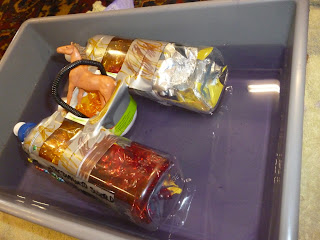Welcome whanau to Room 1 in the Kereru team. We are all looking forward to an exciting year of learning, and will endeavour to keep you posted with what we are up to on this blog page.
Today we have an open classroom from 4:30-5:45 for you to meet the teachers, and then you can join other families on the field for the annual school picnic.
If you are unable to make it, I have included some information below for you to peruse. I look forward to meeting you and working with your child to develop their skills and knowledge in academic and social areas of understanding.
Kind regards, Gretchen Werder.
Timetable for Room 1:
Monday
|
Tuesday
|
Wednesday
|
Thursday
|
Friday
|
Readers go home
Return poetry books
Home learning books go home
Full school assembly 12:30 (even weeks)
Kereru assembly 2:30 (odd weeks)
|
Readers go home
Library day – return 2 books and choose 2 more
|
Readers go home
|
Readers go home
|
Poetry books go home
Return home learning books
Check spelling
PE lesson (odd weeks)
Buddy class (even weeks)
|
It is essential for students to bring book bags every
day. They protect readers and library
books from accidental spillages, and make it easier to check for readers, home
learning books and any notices or reminders that may come home. If there is no book bag, your child will not
bring home a reader as we need to really look after our resources at school.
KERERU 2016 ROOM 1
Spelling checklist for parents
·
Talk about words – their
meaning and structure
·
Ask your child to write words
·
Play word games with your child
– word finds, scrabble . . .
·
Show your child how to use
resources – dictionary, thesaurus, atlas. Let your child see you also using
these resources.
·
Make lists of words about home,
family, community and personal interests
·
Talk about related words – e.g
sign, signal and signature
·
Encourage your child to
identify OWN errors with your support
·
Engage your child in word
building activities – e.g jump, jumps, jumped, jumper, jumping
·
Encourage your child to have a
go and try words they don’t know how to spell. Write the correct form for your
child and have them copy it into a home-made dictionary
Maths checklist for parents
·
Discuss what everyday numbers
mean e.g 50%, ½, $99.99
·
Play games together like Snakes
and Ladders, Monopoly and Cards games
·
Work together on problems
around the house e.g how many eggs do we have altogether? How many would we
have if we bought another carton?
·
Ask your child to explain how
they work things out and encourage more than one solution method
·
Help your child to manage time
and money
·
Help your child learn their
basic facts – in the car on trips, written lists on the wall, test while
preparing dinner etc
·
Use cards as flash cards for
basic facts
·
Use tens frames to help your
child visualize number patterns
·
Count forwards and more
importantly, count backwards together
Skip count together e.g 2,
4, 6, 8, . . . . and 3, 6, 9, 12 . . . . etc
·
Bake together and discuss
measurements and proportions
General information for parents
























